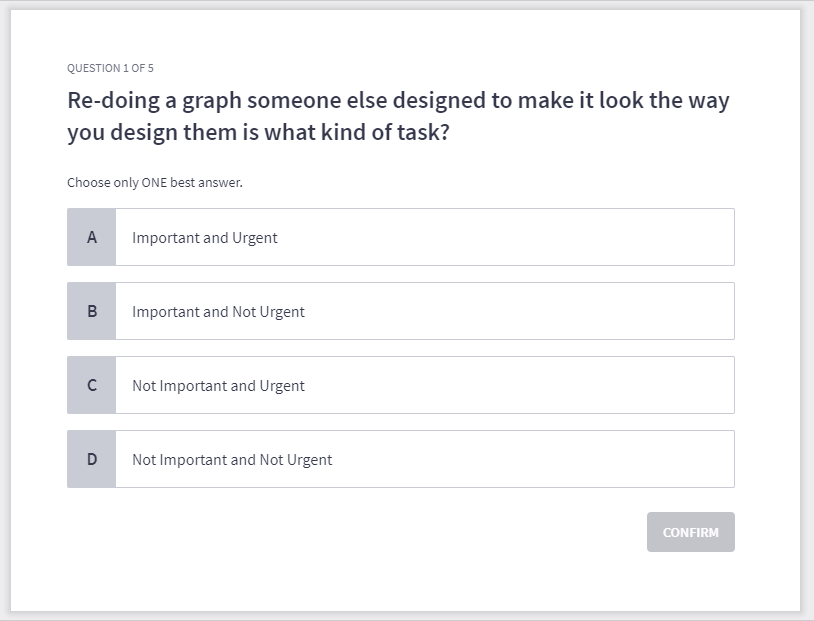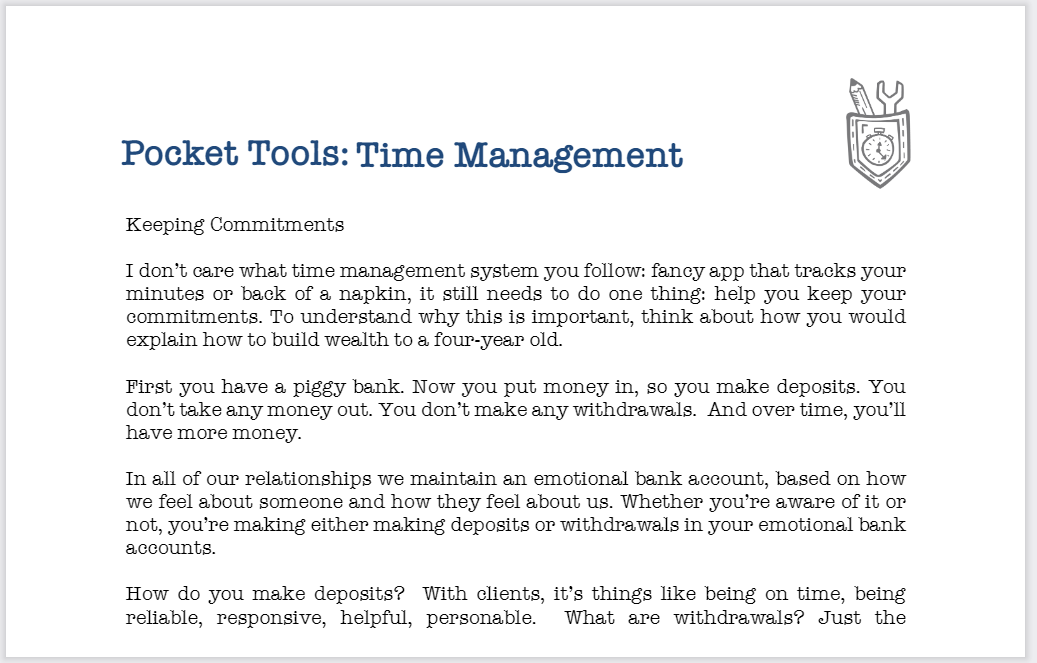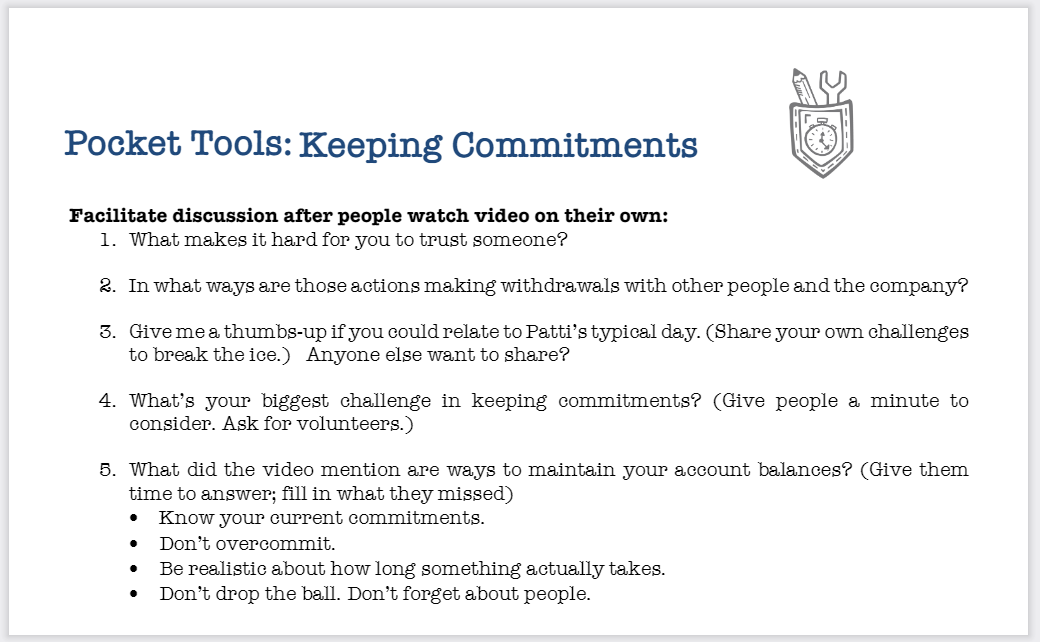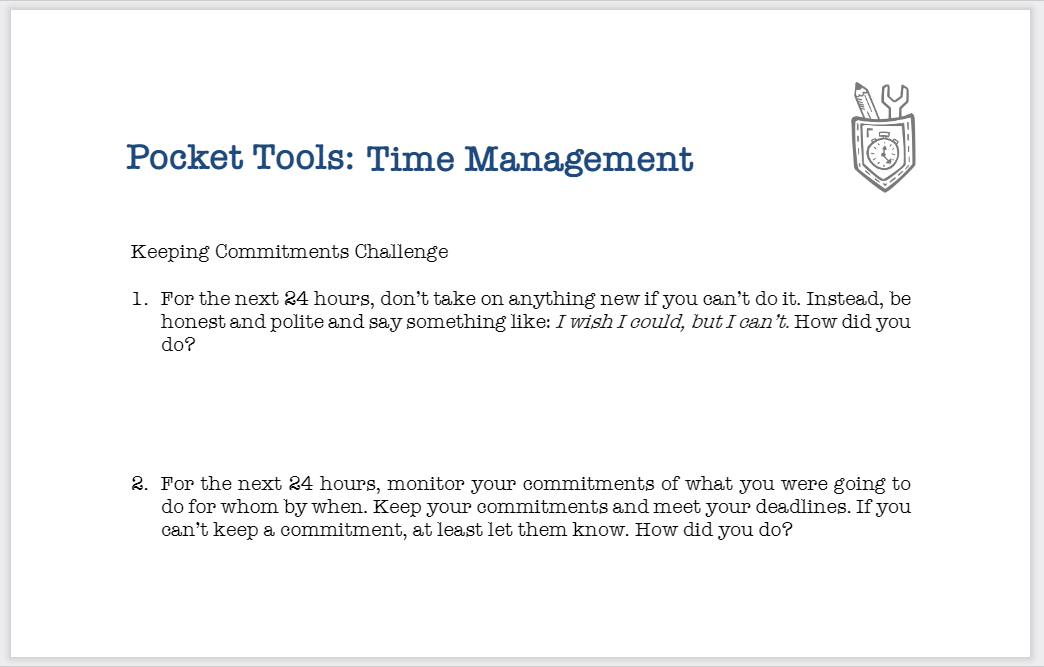
A study of employee attitudes found that 69% of employees say they work harder if they know they’re appreciated. You can do this by being genuine and spontaneous rather than forced and patronizing.
Start by really listening.
An employee who feels their voice is heard is 4.6 times more likely to feel empowered to perform their best work. We know instinctually when someone is really listening: they’re not multitasking but focused on us; they don’t interrupt or correct but give room for us to sort out what we want to say; they don’t drift off but show they’re engaged by nodding and saying, “Uh-huh.”
Point out areas of alignment.
Emerging leaders often lack the confidence to assert their opinions. Show where you agree with them in small ways: “Yes, good point.” “Exactly, I agree.” “Good observation.” “I’ve wondered the same thing.” If you see someone stretching by suggesting a change in the way things are done, ask them to come up with a plan to present.
Ask questions.
A former VP of Apple Inc, John Brandon, was a busy man. In his last year in his role, the company grossed over $100 billion. One of the secrets to his success was that he knew he needed a fully engaged team behind him and that his focus had to be on supporting and empowering them. When you had John’s time, 80 percent of it was him asking questions and listening rather than talking and directing. He was focused on keeping the decision-making on his staff, challenging them to tell him what they were going to do. As Daniel Pink says in his book Drive, employees are profoundly motivated by authorizing their work. You can show staff appreciation by respecting their intelligence, resourcefulness, and perseverance to not rely on you to figure things out.




Recent Comments